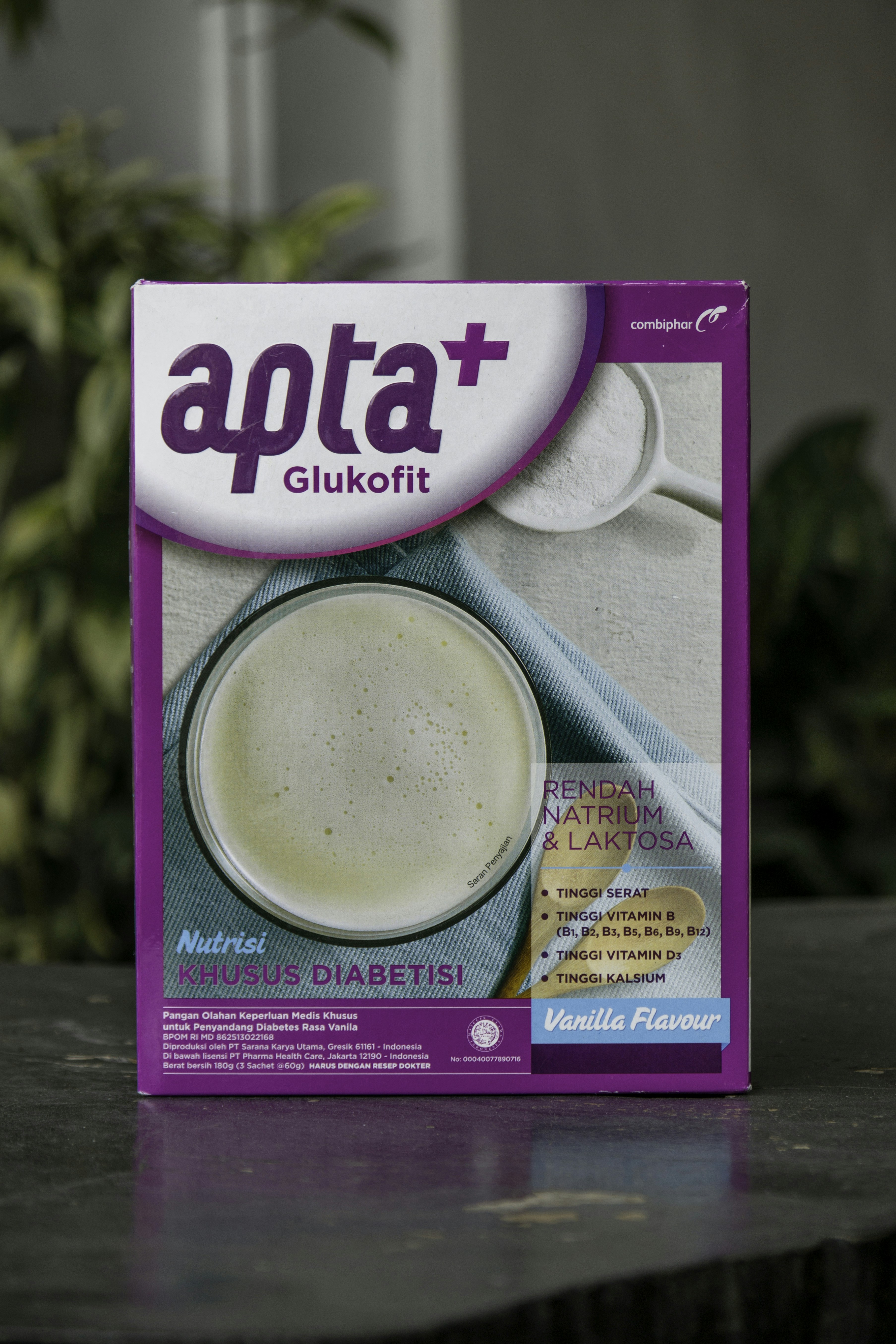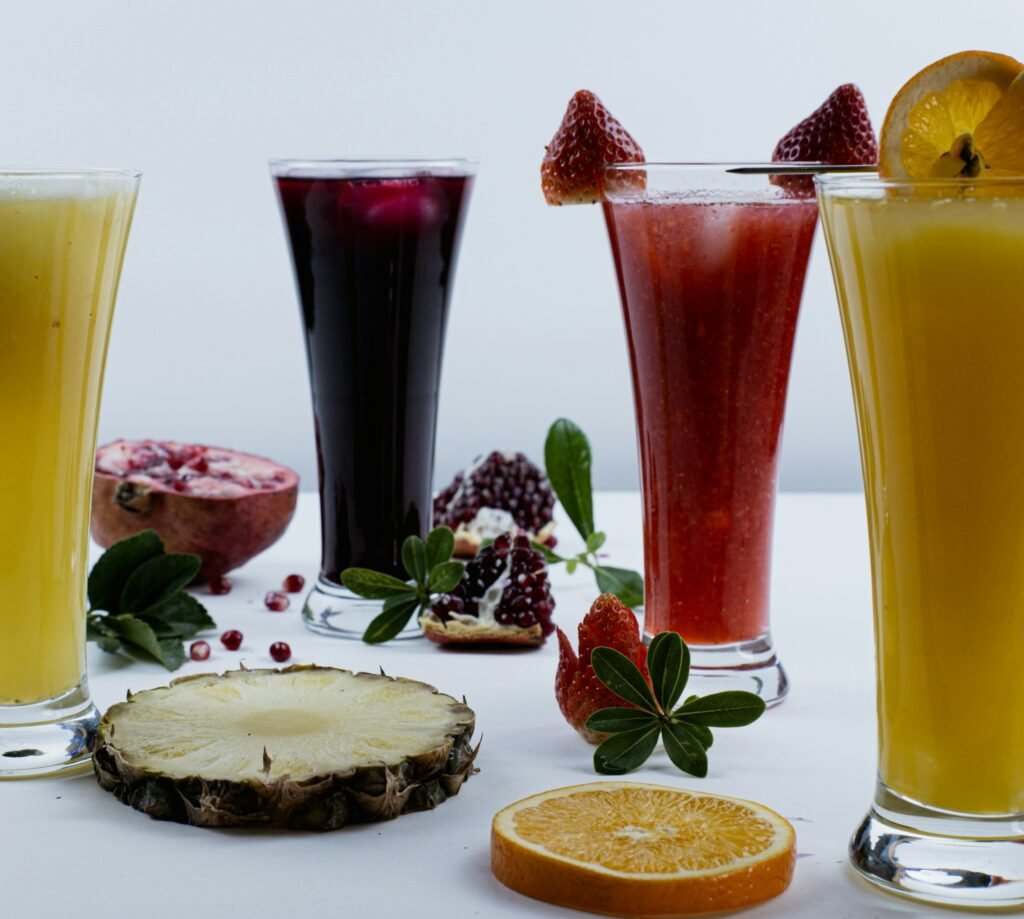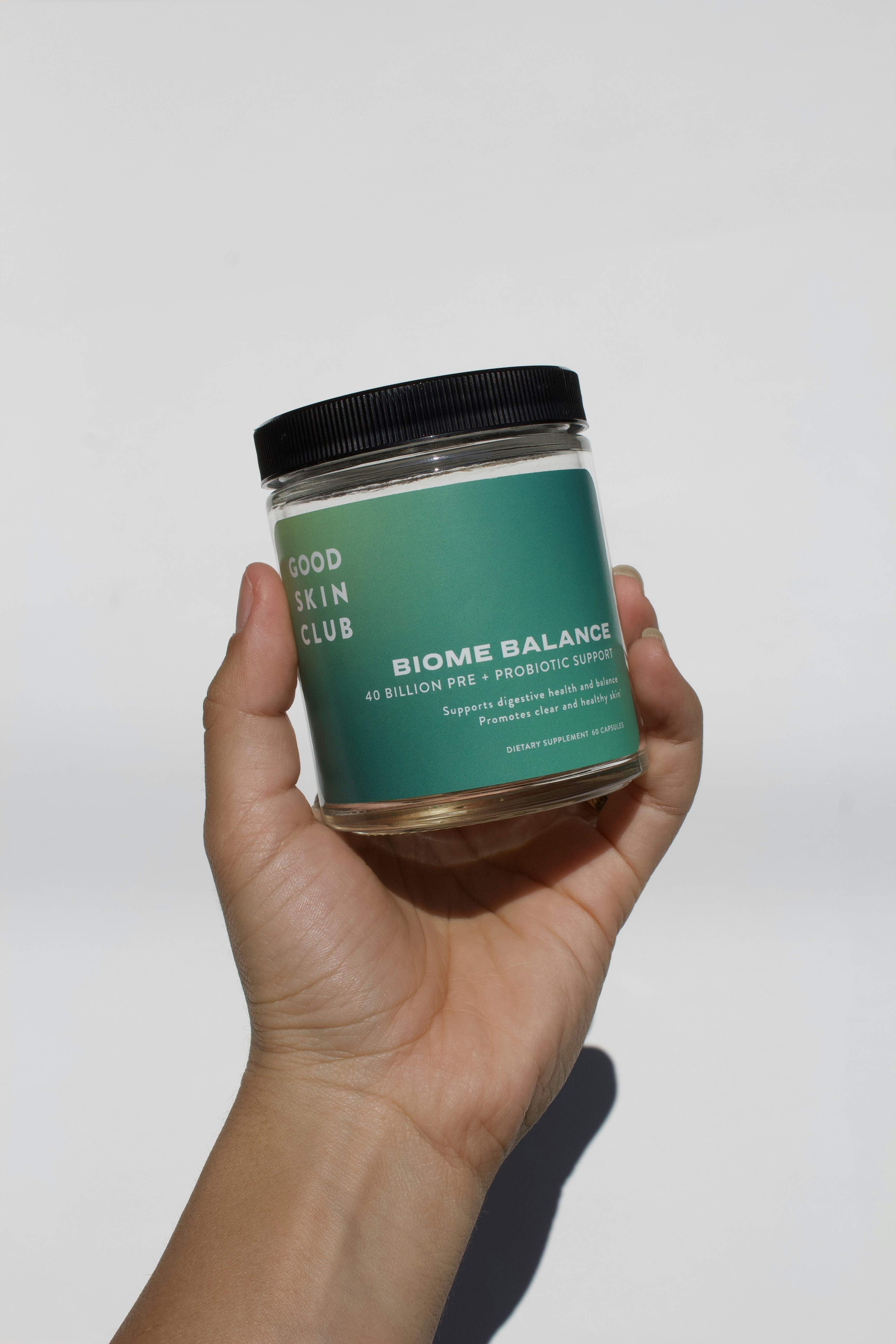
Introduction
In recent years, the health and wellness industry has witnessed a significant shift toward functional foods and beverages. These products, which are designed to provide additional health benefits beyond basic nutrition, are increasingly being embraced by health-conscious individuals. Unlike traditional dietary supplements, functional foods and beverages offer a more holistic approach to nutrition, seamlessly integrating into daily meals and routines.
Functional foods and beverages encompass a wide range of items, including fortified foods, probiotics, omega-3 enriched products, and plant-based beverages. They are specifically formulated to enhance well-being, support bodily functions, and prevent chronic diseases. As consumers become more informed about the benefits of nutrition, these items have found their way into households seeking economical alternatives to conventional health supplements. This shift reflects a growing awareness of how diet directly affects overall health.
One of the primary advantages of functional foods and beverages is their cost-effectiveness. Consumers are often faced with rising health care costs and are seeking budget-savvy ways to maintain their health. By incorporating these functional options into their diets, individuals can potentially minimize their reliance on expensive supplements. In essence, functional foods and beverages act as a two-in-one solution: they contribute to a nutritious diet while also delivering additional health benefits.
This trend signifies a proactive approach to health management, allowing consumers to take charge of their well-being through dietary choices. Whether through nutritious smoothies, snack bars, or enriched yogurts, integrating functional foods and beverages into everyday life is a practical strategy for those looking to improve their health without incurring significant financial burdens. The rising popularity of these products underscores their potential to revolutionize how we perceive nutrition and wellness.

What Are Functional Foods and Beverages?
Functional foods and beverages are food products designed to provide benefits beyond basic nutrition. These items are often fortified or enriched with essential nutrients, vitamins, probiotics, or amino acids, aiming to enhance health and well-being. Unlike traditional foods and drinks, which primarily serve to meet dietary needs, functional foods and beverages are specifically developed to support various aspects of health, such as digestion, immunity, heart health, and mental clarity.
The classification of functional foods can vary widely, encompassing a range of options from whole foods to processed products. For example, whole foods naturally containing bioactive compounds, such as blueberries rich in antioxidants or fatty fish containing omega-3 fatty acids, are considered functional foods. These items contribute specific health benefits while also delivering essential nutrients. On the other hand, processed functional foods, like fortified cereals, energy bars, or functional beverages, are crafted to enhance health benefits consciously through fortification, ensuring consumers receive added nutrients in their diets.
A notable aspect of functional beverages is their growing popularity among health-conscious consumers. Drinks such as kombucha, which contains probiotics, and fortified smoothies enriched with vitamins and minerals, have gained traction in the wellness community. These beverages not only quench thirst but also serve targeted health purposes, making them appealing to individuals looking to improve their physical health.
In the evolving landscape of nutrition, functional foods and beverages represent a blend of tradition and innovation, providing both essential nutrients and specific health-promoting properties, thereby aiding consumers in achieving their wellness goals while potentially offering cost savings in terms of overall health maintenance.
The Rise in Popularity of Functional Foods
In recent years, there has been a marked increase in the popularity of functional foods and beverages, driven by a convergence of several key factors that reflect broader trends in health and wellness. One significant factor is the growing consumer awareness regarding nutrition and its impact on overall health. As more individuals become informed about the correlation between diet and health outcomes, there is a rising demand for products that offer specific health benefits beyond basic nutrition. Functional foods, which are enriched with bioactive compounds and essential nutrients, are increasingly seen as a proactive approach to health management.
Another contributing element is the evolving landscape of social media, which plays a crucial role in shaping dietary choices. Platforms like Instagram, Pinterest, and TikTok have allowed wellness influencers to share information about nutritious food options, promoting the idea of functional foods extensively. This has led to heightened visibility for these products and has transformed consumer habits, making health-conscious eating more desirable. As consumers encounter information about the advantages of functional foods through engaging content, there has been a notable shift towards incorporating these items into everyday diets.
Additionally, the rise of holistic health trends has fostered an environment where functional foods are celebrated for their potential to support immune function, improve gut health, and boost mental clarity. The ongoing impact of the COVID-19 pandemic has further catalyzed this trend, as individuals are more inclined to focus on preventive health measures and seek out foods that may enhance their well-being. As these health trends continue to evolve, it is clear that the future of functional foods and beverages is promising, as consumers increasingly turn to these innovative products to enhance their dietary habits and overall health.

Benefits of Functional Foods and Beverages
Functional foods and beverages are increasingly recognized for their ability to enhance overall well-being, making them an attractive addition to a healthy diet. One of the most notable benefits includes stress reduction, particularly through the consumption of adaptogenic teas. These beverages incorporate herbs such as ashwagandha and rhodiola, which have been shown to help balance the body’s response to stress. By integrating adaptogenic teas into daily routines, individuals can manage stress levels more effectively, promoting a sense of calm while potentially enhancing mental clarity.
Another critical benefit of functional foods and beverages is their contribution to digestive health. Probiotic snacks, which contain live beneficial bacteria, can play a fundamental role in maintaining gut health. These snacks help to restore the natural balance of gut flora, aiding in digestion and improving nutrient absorption. Regular consumption of probiotic-rich foods can alleviate issues such as bloating and discomfort, supporting overall gastrointestinal wellness and, subsequently, overall health.
Cognitive enhancement is also a significant advantage associated with certain functional beverages, specifically nootropic drinks. These beverages often contain ingredients like caffeine, L-theanine, or omega-3 fatty acids, which can support brain function and improve focus and memory. The integration of nootropic beverages into one’s diet may lead to increased productivity and sharper mental acuity, making them a popular choice among students and professionals alike.
Furthermore, the diverse nature of functional foods and beverages allows for a personalized approach to nutrition. By selecting products that align with individual health goals, consumers can tailor their diets to bolster specific areas, such as immune function or energy levels. This versatility not only encourages healthier eating habits but can also lead to increased satisfaction with one’s diet.
Cost-Effectiveness of Functional Options
The rising awareness of health and wellness has led many individuals to seek out ways to maintain and improve their health. One of the significant developments in this realm is the increasing popularity of functional foods and beverages. These items not only provide essential nutrients but also offer additional health benefits, potentially serving as alternatives to traditional supplements. In examining the cost-effectiveness of incorporating functional foods and beverages into one’s diet, it is important to compare the financial implications of these alternatives versus conventional supplement options.
When considering traditional dietary supplements, such as vitamins and minerals, costs can accumulate rapidly. For example, a monthly supply of multivitamins or specialized supplements can range from $20 to upwards of $60, depending on the brand and formulation. In contrast, functional foods, which include items such as fortified cereals, probiotic yogurts, and nutrient-rich smoothies, can often provide similar health advantages at a more accessible price point. Many of these functional alternatives can be purchased for approximately $3 to $5 per serving, potentially resulting in significant savings over time.
Moreover, another aspect to consider is the inherent value of functional foods, which often contribute to a balanced diet, offering a range of vitamins, minerals, and other beneficial compounds all in one product. By integrating these health-boosting foods into daily routines, individuals can decrease the need for multiple different supplements while enjoying a more diverse diet. This not only impacts potential expenses positively but also enhances overall nutritional intake, promoting better health outcomes.
In summation, by opting for functional foods and beverages as a cost-effective strategy, individuals not only save money but also potentially simplify their approach to nutrition and health maintenance. These alternatives effectively combine affordability and enhanced health benefits, making them an intelligent choice for those seeking to improve their well-being while being mindful of their budget.

Examples of Functional Foods and Beverages
Functional foods and beverages have gained considerable attention for their potential health benefits beyond basic nutrition. They serve as a practical approach to promote overall well-being while complementing a balanced diet. Below are several noteworthy examples of functional foods and beverages, each providing specific health advantages.
Firstly, adaptogenic teas have emerged as a popular choice for those seeking natural ways to reduce stress and enhance resilience. Ingredients such as ashwagandha, rhodiola, and holy basil are found in these teas, which are believed to normalize bodily functions and stabilize stress responses. Consuming adaptogenic teas regularly can help in promoting relaxation and improving mood, making them an excellent choice for individuals facing daily stressors.
Another example is protein-packed snacks infused with probiotics. These snacks, such as yogurt-covered nuts or granola bars containing live cultures, not only provide a convenient protein source but also contribute to improved gut health. Probiotics are essential for maintaining a balanced gut microbiota, which plays a crucial role in digestion and immune function. Incorporating such snacks into one’s diet can also enhance satiety, making them a smart choice for those looking to maintain weight or promote healthy eating habits.
Additionally, nootropic beverages are gaining traction among consumers aiming to enhance cognitive function. These drinks, often formulated with ingredients like L-theanine, ginseng, and omega-3 fatty acids, claim to improve focus, memory, and overall mental clarity. By incorporating nootropic beverages into a daily routine, individuals may experience heightened cognitive performance, making them beneficial for students, professionals, and anyone seeking to boost their mental capabilities.
In summary, the integration of functional foods and beverages into daily diets presents an opportunity to not only improve health but also to make informed dietary choices that support overall well-being. Each example illustrates how specific ingredients can offer targeted health benefits, demonstrating the potential role of these foods and drinks in achieving a balanced lifestyle.
How to Incorporate Functional Foods into Your Diet
Integrating functional foods and beverages into your daily diet can significantly enhance your health while being mindful of your budget. These foods, often enriched with nutrients and beneficial compounds, offer various health benefits that can help improve overall well-being. To begin incorporating these foods into your meals, it’s essential to identify suitable choices and create a balanced approach.
Firstly, prioritize selecting whole foods, such as fruits, vegetables, whole grains, nuts, and seeds, which are packed with vitamins, minerals, and antioxidants. For example, blueberries, known for their high levels of antioxidants, can be an excellent addition to breakfast cereals or smoothies. Incorporating these nutrient-dense foods into your meals provides essential health benefits and helps to satisfy your palate.
When considering beverages, opt for those rich in functional properties, such as green tea, kombucha, or fortified plant-based beverages. These drinks not only provide hydration but also offer specific health advantages, such as improved digestion or enhanced energy levels. Adding a glass of green tea to your afternoon routine can provide a refreshing boost, thanks to its antioxidant content.
Another effective strategy is to combine functional foods creatively. For instance, you can create a nutrient-packed salad featuring dark leafy greens, beans, quinoa, and a variety of colorful vegetables. This combination not only enhances the dish’s flavor but also ensures you benefit from a wide array of nutrients. Likewise, snacks can be transformed by including items like hummus with whole-grain crackers or yogurt with chia seeds and fruit.
Lastly, make meal planning a part of your routine to effectively incorporate functional foods into your diet. By preparing meals in advance, you can ensure that nutritious options are easily accessible, thus reducing the likelihood of skipped meals or unhealthy eating choices. Overall, focusing on a variety of functional foods in your diet can lead to significant health improvements and substantial cost savings over time.
Potential Challenges and Considerations
While the integration of functional foods and beverages into one’s diet presents numerous health benefits, several potential challenges should be considered. One of the primary concerns is the tendency to over-depend on processed items marketed as functional foods. These products often contain beneficial additives, yet they may also include additives and preservatives that can undermine their healthful qualities. It is crucial for consumers to remain vigilant and prioritize whole, minimally processed foods alongside these functional alternatives to ensure a balanced diet.
Taste preferences can also present a barrier when incorporating functional foods and beverages into daily meals. Many individuals may find the flavors or textures of certain functional items, such as fortified beverages or high-fiber snacks, unappealing. To address this challenge, consumers can experiment with various recipes and preparations to enhance the taste of these items. Blending functional beverages with fruits or using spices in cooking can make them more enjoyable, thereby increasing their likelihood of regular consumption.
Another significant consideration involves understanding label claims associated with functional foods and beverages. The terms “functional,” “natural,” and “fortified” can often be misleading due to varying regulatory standards. Consumers must educate themselves about what these labels truly indicate and seek products backed by credible research. Reading up on the nutritional components and efficacy of these foods can help individuals make informed choices. Consulting nutrition professionals can also provide further clarity on the benefits and limitations of specific functional foods.
Throughout this journey of incorporating functional foods and beverages, awareness and education will be paramount in overcoming these challenges. Being mindful of our choices fosters a healthy, varied diet that aligns with both economic and wellness goals.
Conclusion
In conclusion, the integration of functional foods and beverages into daily diets presents a significant opportunity for individuals seeking to enhance their overall health and well-being. These foods are not only designed to provide essential nutrients but also deliver health benefits that go beyond basic nutrition. By incorporating items such as probiotics, antioxidants, and fortified products, consumers can target specific health concerns, from digestive health to immune support.
Additionally, investing in functional foods and beverages can lead to considerable savings in the long run. Many of these products are designed to replace multiple supplements, which can lessen overall health expenditures. By focusing on nutrient-dense options, consumers may find that they are not only improving their health but also reducing the need for more costly medical interventions. The utilization of functional foods allows for a more holistic approach to diet, where each item consumed contributes to a broader health objective.
The growing market for functional foods highlights a shift in consumer demand towards products that offer more than just taste or convenience. As awareness of the importance of nutrition in disease prevention and overall health management continues to increase, investing in functional foods and beverages emerges as a practical strategy for health-conscious individuals. This dietary choice empowers consumers to make informed decisions, ultimately leading to better health outcomes while being mindful of their financial resources. An emphasis on integrating these foods into everyday routines can cultivate a proactive stance towards personal health, promoting longevity and vitality.

